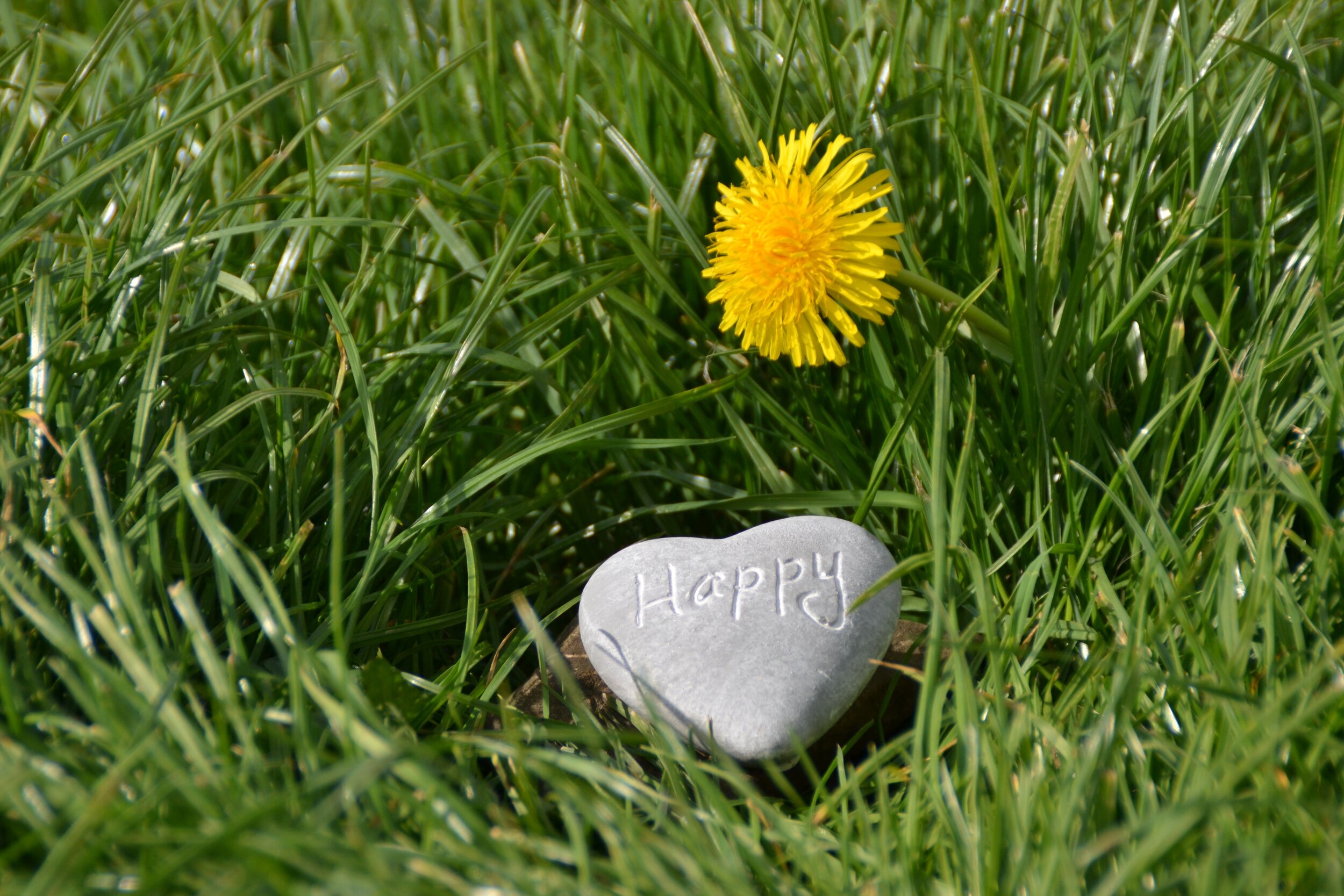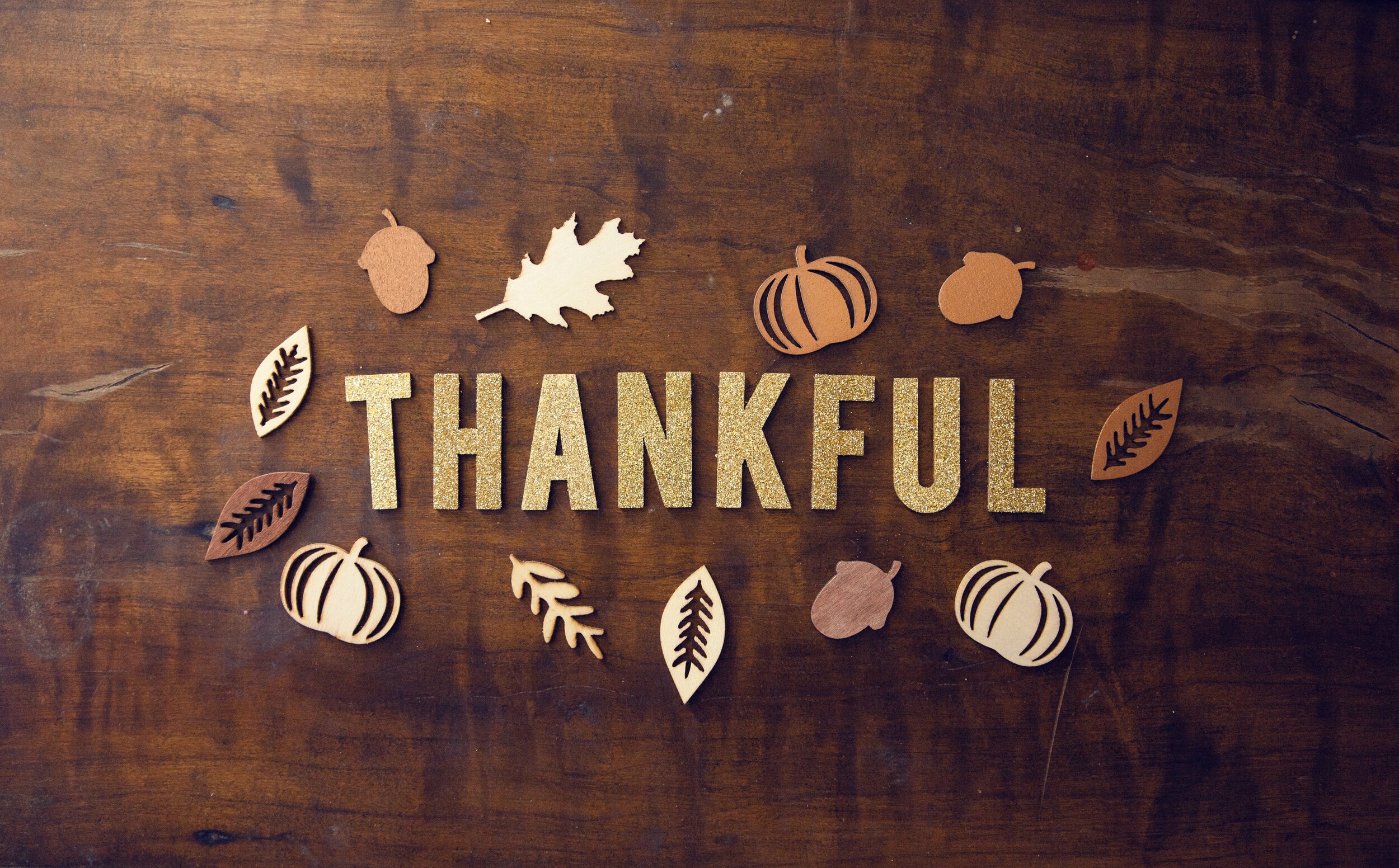Relationships

Having challenges with your quality of life can come from many sources. When you take what happens to you and combine it with your reactions (thoughts, feelings, beliefs, choices, etc.) you get the formula for your quality of life. Most of what happens to us lies outside of our control, which can influence thoughts and feelings we often feel initially, in new situations. However, it is important to understand that the subsequent thoughts and feelings we have, and the beliefs they form, are very influential on our overall quality of life. It is here that a skill referred to as Loving Kindness was developed from eastern meditative practices as a way of reducing stress-reinforcing beliefs and improving overall quality of life.

Parenting kids of any age is one of the most emotionally challenging things most people go through. It is filled with daily struggles to motivate yourself and motivating your kid(s), sometimes even motivating your spouse as well. Trying to get your kids to go to sleep on time, wake up on time, get ready for school, eat their vegetables, get dressed, get bathed, do their homework, catch the bus, put down the cell phone, and another thing, and another thing without conclusion. While being a parent has its built-in rewards like cuddle time, hearing your kids laugh, and the occasional unsolicited “I love you mommy” or “I love you daddy”, the day-to-day can be very emotionally, mentally, and physically exhaustive. It is at this point where a lot of parents fall into a trap and build a series of assumptions that decrease their effectiveness as parents. While there are plenty of ways to reframe your thoughts and build more effective assumptions, these are three worthwhile assumptions that have been born out of my experience in the field of family therapy.

Autumn typically makes us think of many things: pumpkins, fall foliage, apple-picking, hayrides, and colder temperatures. While there are many themes that come up when fall comes to mind, mental health is typically not one of them. However, as we enter a new season, there are a lot of lessons the seasonal change can provide, with regard to overall wellness. Here are a few lessons from the transition of fall that can support overall wellbeing.

Flourishing is a term within the field of positive psychology that focuses on a multi-dimensional, complex approach to what true wellbeing and happiness look like. There are a lot of factors that make up flourishing, from personal development, self-love, self-awareness, financial freedom, and more. You might experience flourishing when you are trying new things, exploring a new hobby, and spending time with loved ones. Flourishing isn’t just one of these areas, it’s focusing on all of these pieces of the puzzle; a complete picture of wellbeing and happiness.

We all know that anger is a normal emotion and valid in many situations. However expressing anger through yelling, expletives, or aggressive behaviors can lead to negative consequences. It’s important we find ways to share our anger with others in ways that allow the other to hear and understand us.

We can improve feelings of happiness through changing our thoughts, behaviors, and circumstances. Research has largely focused on changing our thoughts with lots of published strategies to help with changing our thoughts. Within this there are some strategies that you can use to change negative thoughts into being more positive, and thus happier overall.

COVID-19 has brought us a year of anxious uncertainty. Sheltering in place, working remotely, or facing daily hazards as essential workers, we’ve been unable to see our extended families, meet a friend for coffee, or even go to the gym, a sports game, concert, or movie. Some of us have lost loved ones, leaving a heartbreaking hole in our lives. All of us have lost touch with the normal rhythms of life. With no breaks in routine and fewer simple pleasures, the past few months have been an endless blur. Recent studies have shown that depression rates in America have tripled since the pandemic began (Berman, 2020).

With the pandemic forcing many of us to stay inside as much as possible, most therapists are meeting their clients virtually at present, in order to protect others and remain safe. While there has been an adjustment to navigating virtual therapy, there have been many benefits to being able to transition to more virtual opportunities for therapy.

Being in a relationship with someone who has a trauma history can be uniquely challenging at times. In many cases, individuals who experience trauma may behave in ways that are hard for their partner to understand. They may experience panic attacks, express distrust, escalate quickly to anger, or become disengaged. As trauma can interrupt emotional processing, those who have experienced trauma often struggle to articulate what is really going on inside of them. This can cause conflict and miscommunication, and it can make it difficult for well-intended partners to know what kind of support to provide. If this sounds a bit like your experience, not to fear! There are ways to become a trauma-informed and compassionate partner while also maintaining your own boundaries and safety within your relationship.

As Thanksgiving approaches, the focus on gratitude and being thankful for others comes to mind. The research on understanding the impact of gratitude on health and relationships has also expanded over the last several years. Expressing gratitude on a consistent basis has been shown to positively impact important areas in one’s life including emotional wellbeing, physical health, and connectedness in relationships.